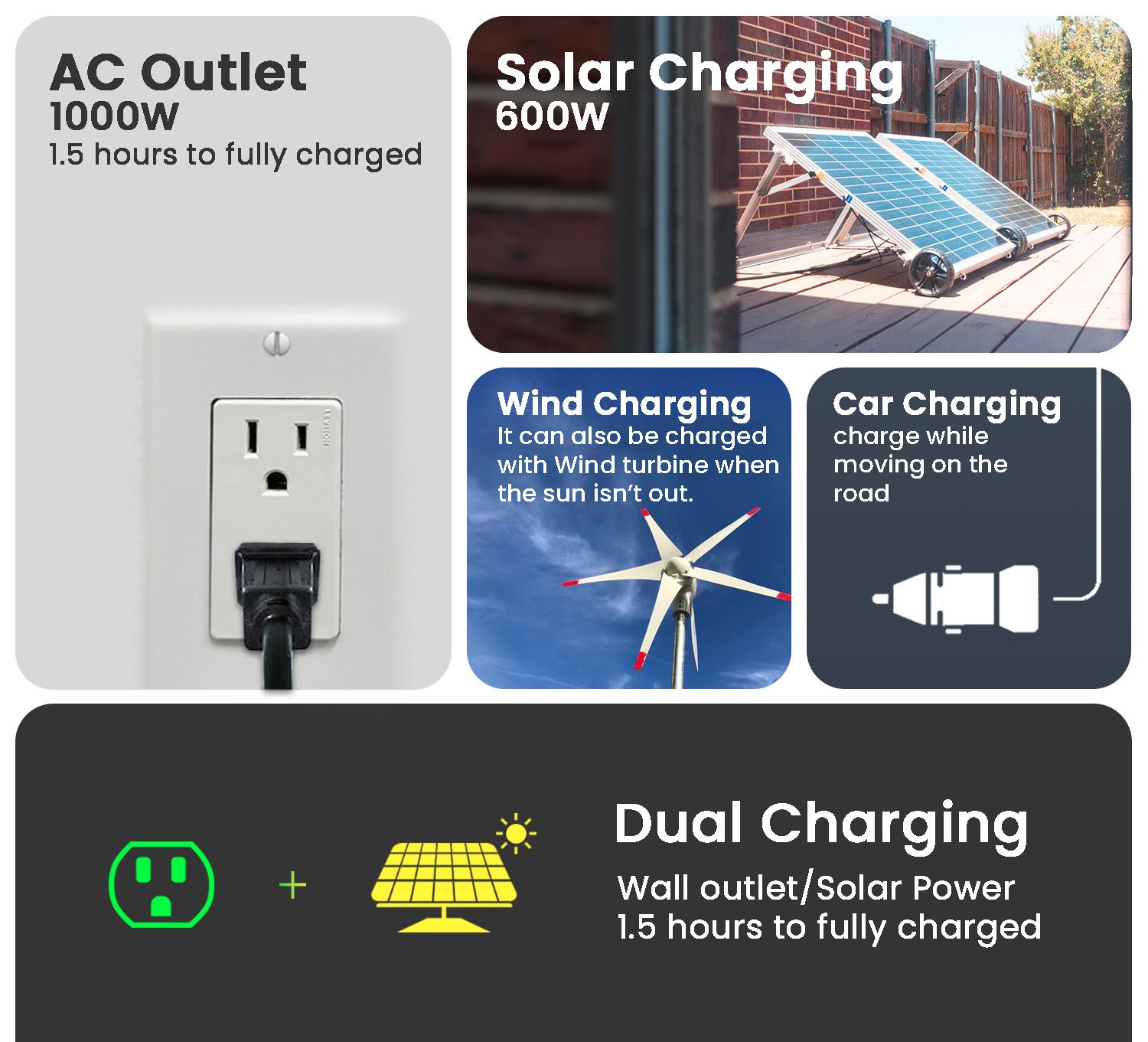The Nebraska Supreme Court ruled Wednesday that the state attorney general does not have the authority to strip residents with felony criminal records of their right to vote, a major decision that could allow thousands of new voters to participate in the November elections – and have a possibly decisive sway in its outcome.
The court’s unanimous decision restores the right to vote for Nebraska residents with felony criminal records upon completion of their sentence, doing away with a two-year waiting period that had been in place for the last two decades.
The decision comes months after the Nebraska high court heard arguments in the case, which sought to restore voting rights for residents with felony criminal records in the state.
Lawmakers had included the new voting rights provision in a state law, LB 20, earlier this year. However, that right was invalidated by Nebraska Secretary of State Bob Evnen and Nebraska Attorney General Mike Hilgers, who ruled in July that the law violated the Nebraska constitution and its separation of powers, under which they said only the state Board of Pardons has the authority to restore such rights.
The American Civil Liberties Union of Nebraska immediately sued to overturn the decision, noting that if upheld, it could have restricted up to 7,000 residents in the state from voting in the November election.
FLURRY OF PRE-ELECTION LEGAL CASES IS NOW ‘STANDARDIZED’ STRATEGY, EXPERTS SAY
The court declined to weigh in on the merits of the case on Wednesday.
Rather, the judges simply stated that Hilgers and Evnen had failed to meet the burden of proof required for defining the law as “unconstitutional,” and ordered Evnen to “remove any disqualification on registration he has imposed that is not contained within L.B. 20.”
Evnen agreed to comply, saying in a statement that his office is “following the requirements of the decision.”
“With our counties across the state, we are working to ensure that those who were made eligible to register to vote under LB 20 may now do so,” he added.
The American Civil Liberties Union of Nebraska praised the court’s decision Wednesday and urged all voters to check their registration status to ensure eligibility.
The court’s ruling comes at a crucial time for Nebraska, whose voter registration deadline ends in just one week.
CHECK OUT THE LATEST FOX NEWS POWER RANKINGS IN THE 2024 ELECTION
It could also have a major impact on the results of the election, including the neck-and-neck presidential race and tight down-ballot races in Congress.
Nebraska’s 2nd Congressional district is something of an anomaly. That is partly due to its unique system of assigning Electoral College votes. Though Nebraska is a Republican-led state, it is one of just two U.S. states whose electoral votes are assigned at the district level, with the remaining two votes assigned to the candidate who wins the majority.
Besides Nebraska and Maine, other states rely on the “winner take all” system to assign their electoral votes.
Additionally, its voter base is a solid-purple demographic that has voted for both former President Donald Trump and President Biden, respectively, in the last two presidential elections. Before then, Sen. Mitt Romney won the district during his 2012 bid for president, and former President Barack Obama captured the vote in 2008.
Down-ballot races are also expected to be tight.
Nebraska Sen. Deb Fischer, a Republican, is facing a tough reelection bid this year, while Republican Rep. Don Bacon is fighting off state Sen. Tony Vargas, a Democrat, to keep his House seat.
Now, with both Trump and Vice President Kamala Harris locked in a dead heat, it is possible that the district could have more sway than ever in deciding the next president.
In such a tight election, Nebraska’s 2nd Congressional District “could decide who the eventual winner will be,” Jimmy Keady, president of JLK Political Strategies, a national Republican consulting firm, told Fox News Digital last month.



